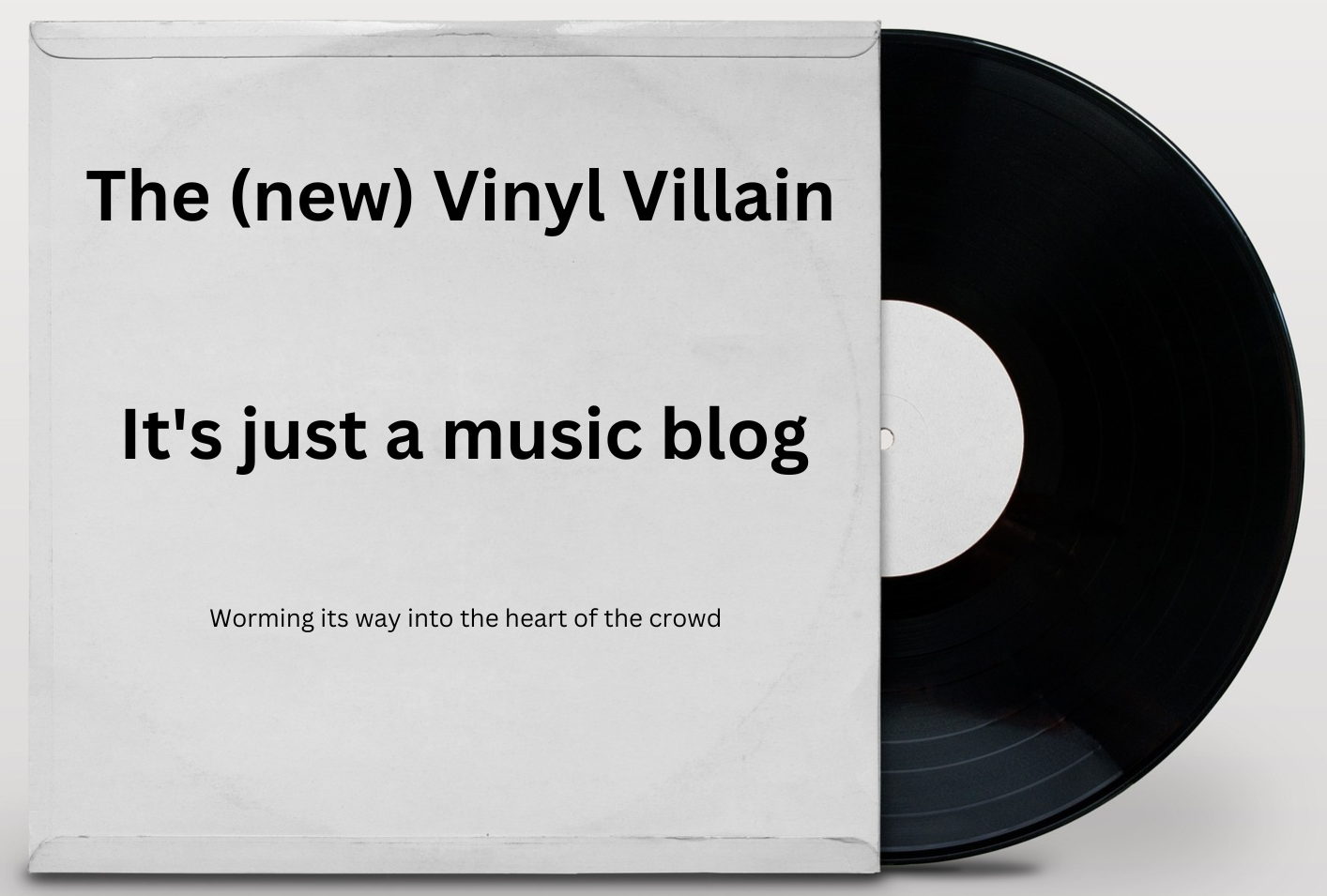A GUEST POSTING by JONNY THE FRIENDLY LAWYER

Stewart Copeland with The Police: an ICA
Most of the Police’s great big hits (and duds) were written by Sting. Stewart Copeland also wrote a number of songs for the Cops, but his contributions are few and far between. Kinda like how Paul Weller let Bruce Foxton squeak a tune onto a Jam album once in a while. Definitely not like the great Colin Moulding, XTC’s auxiliary songwriter, who didn’t get in as many tracks as Andy Partridge but still had his share of singles (see ICA #26). I got to wondering if Copeland wrote enough Police songs for an ICA. Turns out there are exactly 10, so here they are, in alphabetical order.
1. A Sermon
B-side of the UK single “De Do Do Do, De Da Da Da.” The chorus sounds like a Sting song, the verses are a little stilted. A respectable choice for a b-side. Better than the A-side anyway.
2. Bombs Away
Album track from Zenyatta Mondatta. One of the band’s best songs. Lovely middle-eastern sounding solo (“phrygian mode,” says my lead guitarist) by Andy Summers.
3. Contact
Album track from Reggatta de Blanc. Hmm…I’d call this filler. It’s got the band’s trademark sound, but doesn’t do anything special. Next.
4. Darkness
Album track from Ghost in the Machine. Here’s a good one. Unrushed and moody, fits really well with the rest of the band’s fourth album, which I always thought didn’t get the recognition it deserves. Well, it did, sales-wise, but I like it more than their other ones.
5. Does Everyone Stare
Album track from Reggatta de Blanc. The drummer got three solo credits on their second album, as well as three tunes co-written with his bandmates. This one’s my favorite. Police tunes don’t feature a lot of keyboards, and I like what Copeland does here on piano.
6. Fall Out
The band’s debut single on Illegal Records, before Andy Summers joined the band. Wiki says original guitarist Henri Padovani was too nervous in the studio to play anything but the solo, so Copeland played the rest of the guitar parts. This non-album track was the only Police A-side Copeland ever got.
7. Miss Gradenko
Album track from Synchronicity. Great melody. Summers does some beautiful finger-picking before peeling off another stellar lead. Summers actually wrote a few tunes for the band, too, but they’re pretty weak. Can’t touch his guitar playing, though.
8. Nothing Achieving
B-side to Fall Out. Co-written with big brother Ian. Copeland’s playing the guitar parts again with Padovani on the solo, such as it is. Meh.
9. On Any Other Day
Album track from Reggatta de Blanc. Copeland starts with the spoken words, “You want something corny? You got it!” Then the lyric is about the day of a hapless idiot, which I guess was meant to be funny. Or corny. Not sure—is ‘corny’ a word in the UK? Does it excuse the homophobic dis in the chorus? Probably not. Maybe that’s why Sting didn’t sing lead on it. Despite its daft lyrics, I love this song because it’s got such a great bass line. Sting is noted as a songwriter and singer and heartthrob and actor and lutist. But no one ever talks about his bass playing, which is outstanding. He always plays an interesting line that serves the song. He doesn’t get fancy unless he has to.
10. The Other Way of Stopping
Album track from Reggatta de Blanc. On my bass forum there was a poll recently asking if you could play with any drummer who would it be? Lots of folks picked Copeland and you can hear why on this instrumental. His timekeeping is perfect. His fills are fast and unpredictable. He has great touch—he can smack away or brush gently. Love or hate the Police, you can’t deny they were all awesome musicians.
Bonus Track. Don’t Care
Released under the pseudonym Klark Kent on Kryptone Records back in 1977. I guess Sting was more interested in trying to nail down the Police sound so Copeland put it out himself. It’s a great little new wave tune with Copeland singing and playing all the instruments.
Copeland made a hell of a lot of music after the Police. Film and TV soundtracks, collaborations, solo projects, and as a member of Oysterhead—a supergroup including Les Claypool (Primus) on bass and Trey Anastasio (Phish) on guitar. You can always tell it’s him drumming. I’d be curious if anyone’s familiar enough to do a separate ICA drawn from his lengthy post-Police career.

